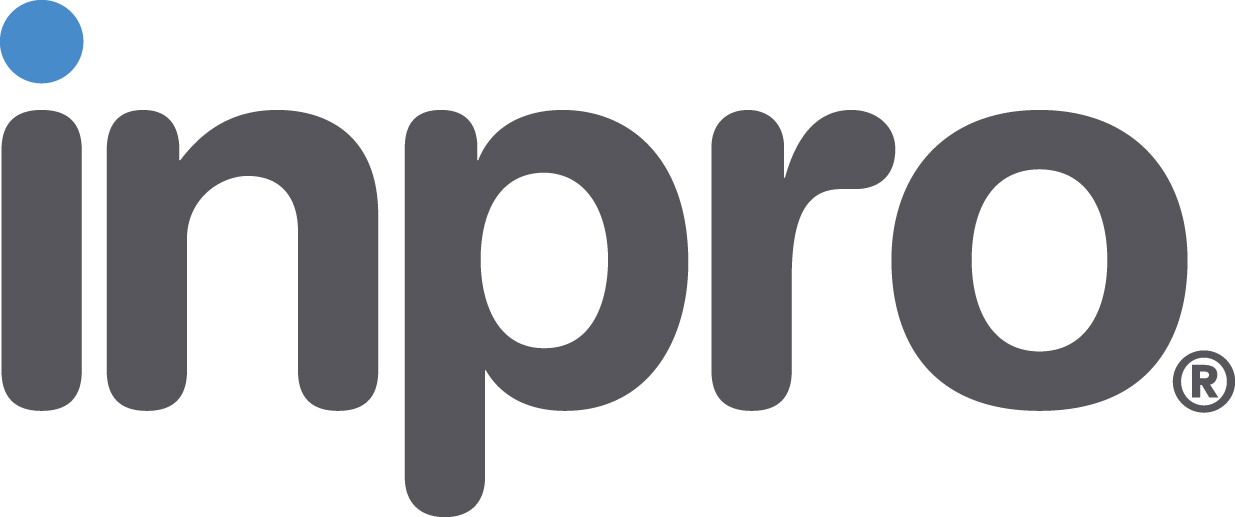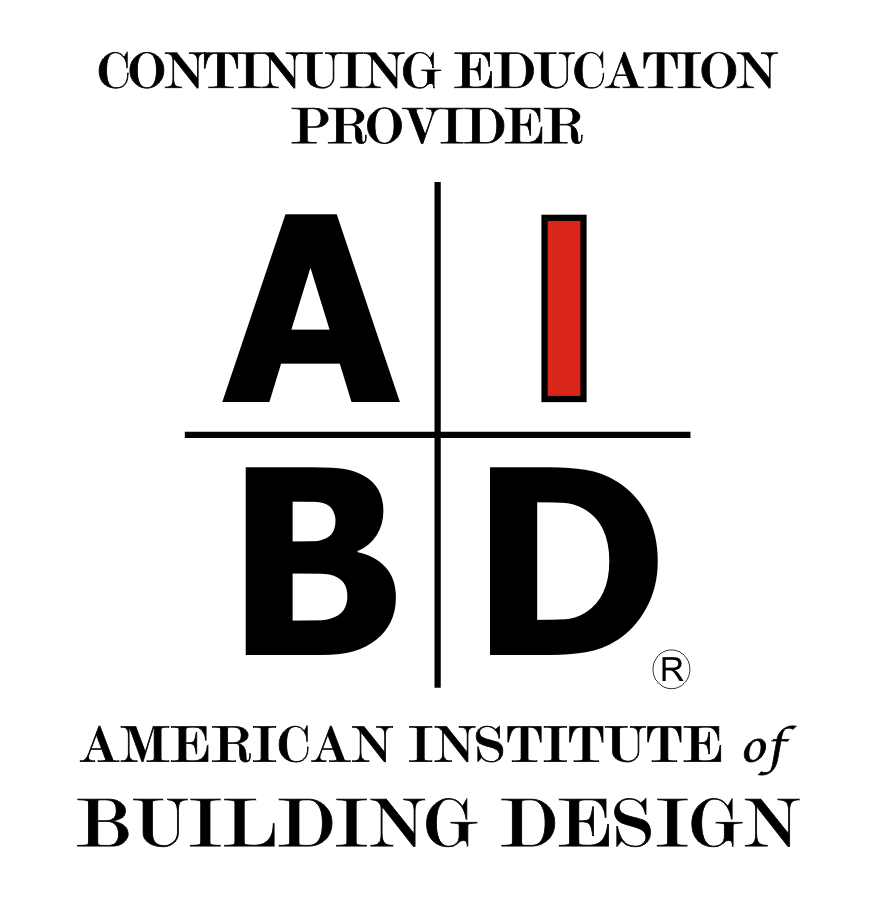ADA-Friendly Modular Construction
How off-site fabrication leaves room for accessibility, affordability and design ingenuity
Sponsored by Inpro | Presented by Meghan Campbell and Ellen Crawford
Webinar On-Demand
This webinar is part of the ADA Academy
Architectural and construction professionals are increasingly using modular construction technologies in new ways to design, engineer, and assemble projects in the field, resulting in savings and flexibility for the built environment. In fact, the global modular construction market is on a steep upward trend. A recent study by market research firm Reports and Data expects modular construction to grow at a rate of 6.4% per year, with the market reaching $191.62 billion by 2027. Embracing new advancements in modular construction—whether permanent or relocatable buildings—can help owners, architects, and project teams meet the complex goals of incorporating universal design and affordable aging-in-place solutions into a wide array of project types. This webinar will look at several modular construction projects that combine innovative design strategies with the practical case for ADA compliance and accessibility, incorporating quality and safety standards as well as schedule efficiencies and sustainability.
Presentations will include a look at considerations for accessibility when using varying types of modular construction, with a specific focus on spatial clearances and tolerances that might be affected, led by Meghan Campbell of BLOX, LLC; Ellen Crawford will present citizenM, which is located in Seattle’s South Lake Union neighborhood, and is the city’s first fully modular hotel. Designed by Gensler Seattle, the 264 guestrooms are comprised of 228 modules, which were fully finished in the factory to significantly reduce the environmental impacts of traditional construction due to traffic, air quality, and emissions.

 |
Ellen Crawford, Architect and Associate with Gensler. Ellen enjoys exploring new ways to bring efficiencies to the design process while understanding the details and their importance to the goals of a project and the client. Her experience across hospitality, residential, and workplace speaks to her ability to navigate a diversity of programs and settings. Her favorite projects focus on emerging construction techniques and mitigating risk during design. |
 |
Meghan Campbell, is a licensed architect with an engineer’s mind for functional detail. She has worked in the modular industry for the last 10 years specializing in medical modular components and the development of implementable solutions for the AEC industry. She currently leads the “Standard Module” program at BLOX, LLC where she is responsible for the design and manufacturing fully-loaded, code-compliant, plant-inspected and field-installed modular bathrooms, headwalls, sinkwalls, footwalls, and other patient room components for the healthcare industry. |
Founded in 1979, Inpro® is a global provider of high-performance, design-forward architectural products for building professionals. Inpro's product categories include door + wall protection, washroom systems, expansion joint systems, cubicle curtain + privacy systems, elevator interiors, architectural signage, and commercial window treatments.
Originally published in Architectural Record
Originally published in March 2022
LEARNING OBJECTIVES
- Explain how modular construction can fit into overall ADA-compliance goals.
- Describe challenges and solutions inherent in modular construction in terms of meeting current accessibility demands.
- Identify product categories that can work with modular construction systems to enhance Universal Design and aging-in-place outcomes.
- Discuss how the highlighted modular construction projects incorporate accessibility, quality, safety, affordability, sustainability, and design flexibility.
ADA State Accessibility/Barrier-Free
1 ADA State Accessibility/Barrier-Free










